
CNA Staff, Oct 21, 2020 / 06:35 am (CNA).-
In a documentary that premiered Wednesday in Rome, Pope Francis called for the passage of civil union laws for same-sex couples, departing from the position of the Vatican’s doctrinal office and the pope’s predecessors on the issue.
The remarks came amid a portion of the documentary that reflected on pastoral care for those who identify as LGBT.
“Homosexuals have a right to be a part of the family. They’re children of God and have a right to a family. Nobody should be thrown out, or be made miserable because of it,” Pope Francis said in the film, of his approach to pastoral care.
After those remarks, and in comments likely to spark controversy among Catholics, Pope Francis weighed in directly on the issue of civil unions for same-sex couples.
“What we have to create is a civil union law. That way they are legally covered,” the pope said. “I stood up for that.”
The remarks come in “Francesco,” a documentary on the life and ministry of Pope Francis which premiered Oct. 21 as part of the Rome Film Festival, and is set to make its North American premiere on Sunday.
The film chronicles the approach of Pope Francis to pressing social issues, and to pastoral ministry among those who live, in the words of the pontiff, “on the existential peripheries.”
Featuring interviews with Vatican figures including Cardinal Luis Tagle and other collaborators of the pope, “Francesco” looks at the pope’s advocacy for migrants and refugees, the poor, his work on the issue of clerical sexual abuse, the role of women in society, and the disposition of Catholics and others toward those who identify as LGBT.
The film addresses the pastoral outreach of Pope Francis to those who identify as LGBT, including a story of the pontiff encouraging two Italian men in a same-sex relationship to raise their children in their parish church, which, one of the men said, was greatly beneficial to his children.
“He didn’t mention what was his opinion on my family. Probably he’s following the doctrine on this point,” the man said, while praising the pope for a disposition and attitude of welcome and encouragement.
The pope’s remarks on civil unions come amid that part of the documentary. Filmmaker Evgeny Afineevsky told CNA that the pope made his call for civil unions during an interview the documentarian conducted with the pope.
The pope’s direct call for civil union laws represents a shift from the perspective of his predecessors, and from his own more circumspect positions on civil unions in the past.
In 2010, while he was Archbishop of Buenos Aires, Pope Francis opposed efforts to legalize same-sex marriage. While Sergio Rubin, the future pope’s biographer, suggested that Francis supported the idea of civil unions as a way to prevent the wholesale adoption of same-sex marriage in Argentina, Miguel Woites, director of the Argentinian Catholic news outlet AICA, dismissed in 2013 that claim as false.
But the pope’s mention of having previously “stood up” for civil unions seems to confirm the reports of Rubin and others who said that then-Cardinal Bergoglio supported privately the idea of civil unions as a compromise in Argentina.
In the 2013 book “On Heaven and Earth,” Pope Francis did not reject the possibility of civil unions outright, but did say that laws “assimilating” homosexual relationships to marriage are “an anthropological regression,” and he expressed concern that if same-sex couples “are given adoption rights, there could be affected children. Every person needs a male father and a female mother that can help them shape their identity.”
In 2014, Fr. Thomas Rosica, who was then working in the Holy See’s press office told CNA that Pope Francis had not expressed support for same-sex civil unions, after some journalists reported that he had done so in an an interview that year. While a civil unions proposal was debated in Italy, Rosica emphasized that Francis would not weigh in on the debate, but would emphasize Catholic teaching on marriage.
In 2003, under the leadership of Cardinal Joseph Ratzinger and at the direction of Pope John Paul II, the Vatican’s Congregation for the Doctrine of the Faith taught that “respect for homosexual persons cannot lead in any way to approval of homosexual behaviour or to legal recognition of homosexual unions. The common good requires that laws recognize, promote and protect marriage as the basis of the family, the primary unit of society.”
“Legal recognition of homosexual unions or placing them on the same level as marriage would mean not only the approval of deviant behaviour, with the consequence of making it a model in present-day society, but would also obscure basic values which belong to the common inheritance of humanity. The Church cannot fail to defend these values, for the good of men and women and for the good of society itself,” the CDF added, calling support for such unions from politicians “gravely immoral.”
“Not even in a remote analogous sense do homosexual unions fulfil the purpose for which marriage and family deserve specific categorical recognition. On the contrary, there are good reasons for holding that such unions are harmful to the proper development of human society, especially if their impact on society were to increase,” the document said.
The Vatican’s press office did not respond to questions from CNA on the pope’s remarks in the film.
While bishops in some countries have not opposed same-sex civil unions proposals, and tried instead to distinguish them from civil marriage, opponents of civil unions have long warned that they serve as a legislative and cultural bridge to same-sex marraige initiatives, give tacit approval to immorality, and fail to protect the rights of children to be parented by both a mother and father.
Afineevsky told EWTN News this month that he tried in “Francesco” to present the pope as he saw him, and that the film might not please all Catholics. He told CNA Wednesday that in his view, the film is not “about” the pope’s call for civil unions, but “about many other global issues.”
“I’m looking at him not as the pope, I’m looking at him as a humble human being, great role model to younger generation, leader for the older generation, a leader to many people not in the sense of the Catholic Church, but in the sense of pure leadership, on the ground, on the streets,” Afineevsky added.
The documentarian said he began working with the Vatican to produce a film on Pope Francis in 2018, and was given unprecedented access to Pope Francis until filming completed in June, amid Italy’s coronavirus lockdowns.
Afineevsky, a Russian-born filmmaker living in the U.S., was in 2015 nominated for both an Academy Award and an Emmy Award for his work “Winter on Fire,” a documentary that chronicled Ukraine’s 2013 and 2014 Euromaidan protests. His 2017 film “Cries from Syria” was nominated for four News and Documentary Emmy Awards and three Critics’ Choice Awards.
On Thursday, Afineevsky will be presented in the Vatican Gardens with the prestigious Kineo Movie for Humanity Award, which recognizes filmmakers who present social and humanitarian issues through filmmaking. The award was established in 2002 by the Italian Ministry of Culture.
Rosetta Sannelli, the creator of the Kineo Awards, noted that “every trip of Pope Francis to various parts of the world is documented in Afineevsky’s work, in images and news footage, and reveals itself as an authentic glimpse into the events of our time, a historical work in all respects.”

[…]






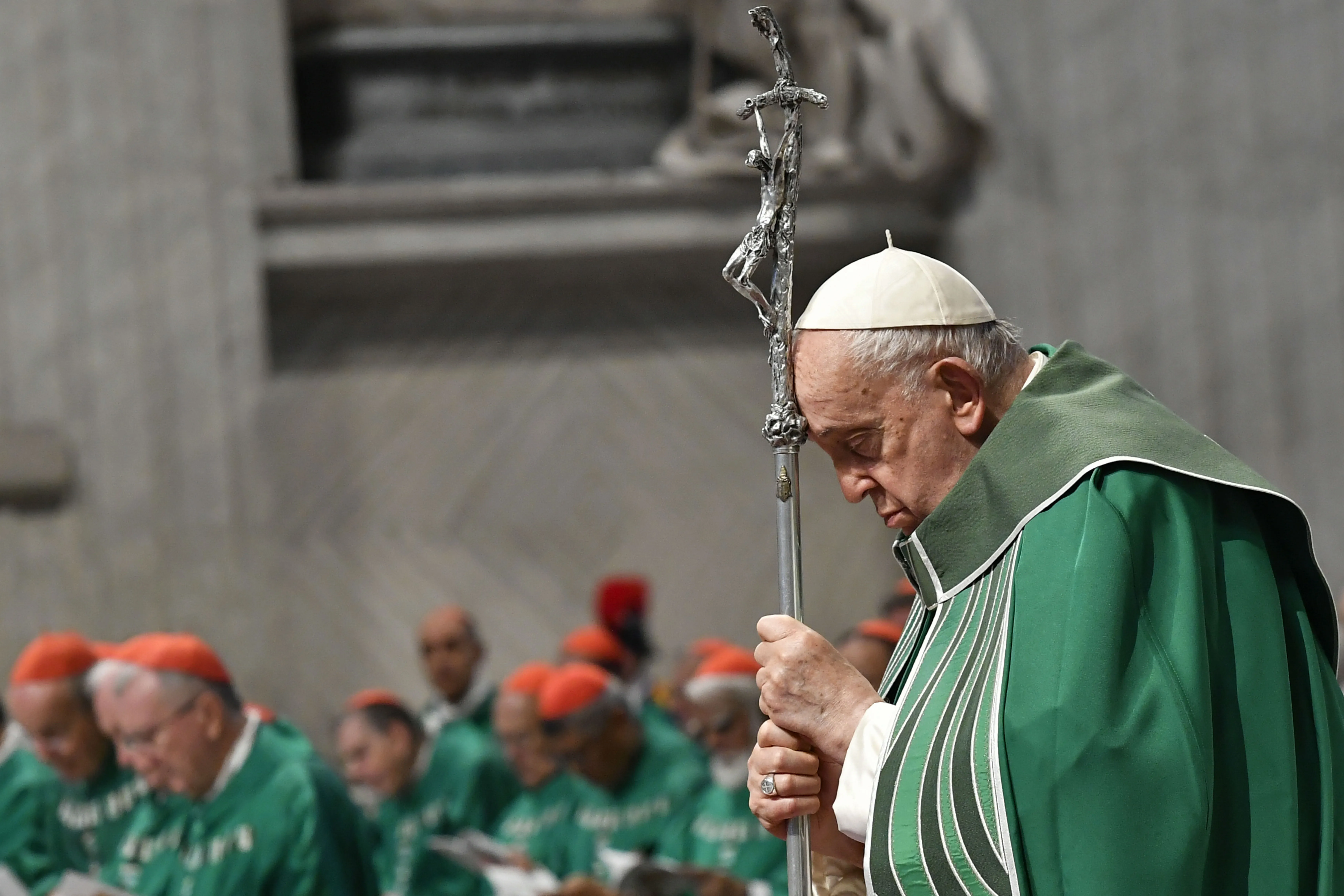
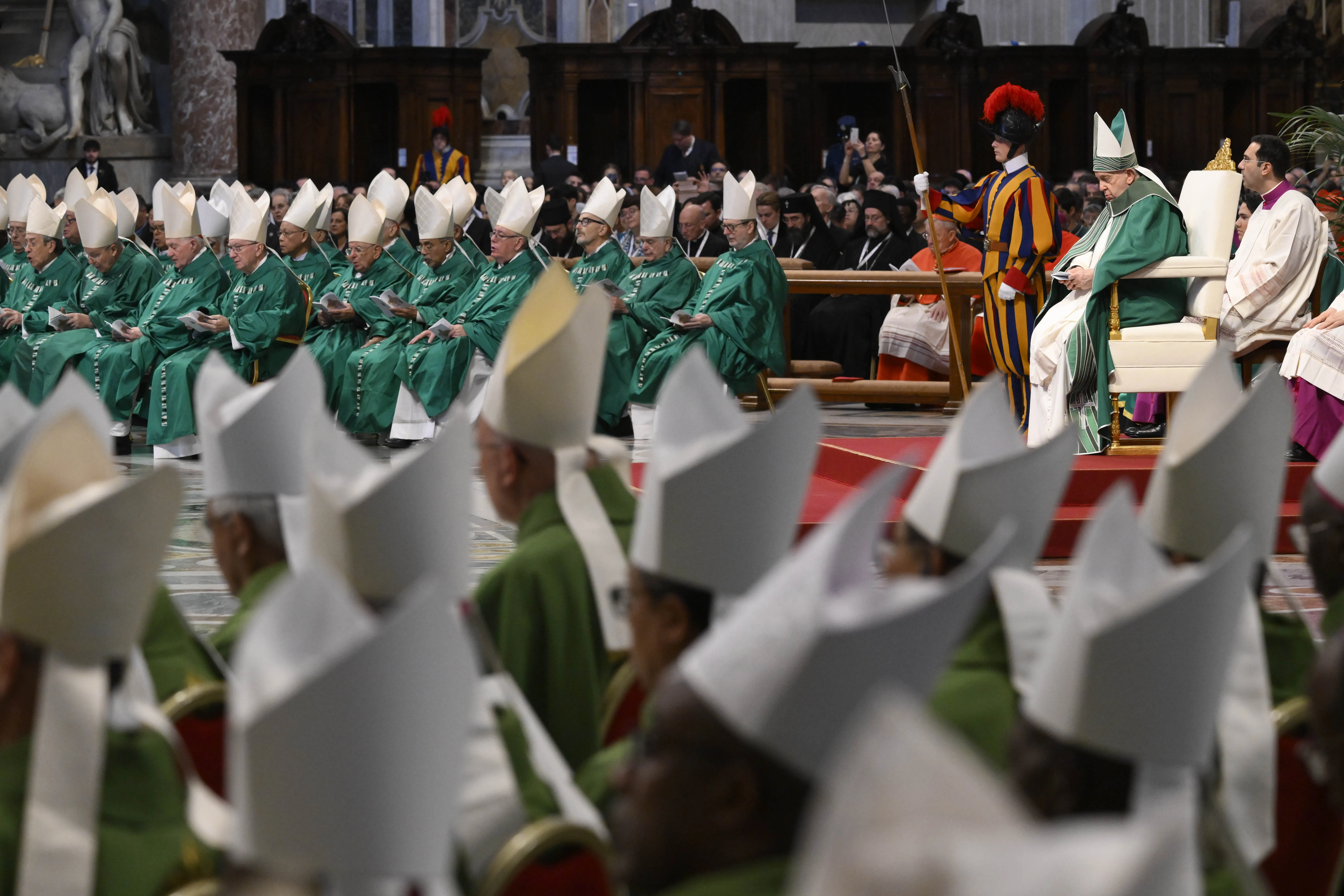
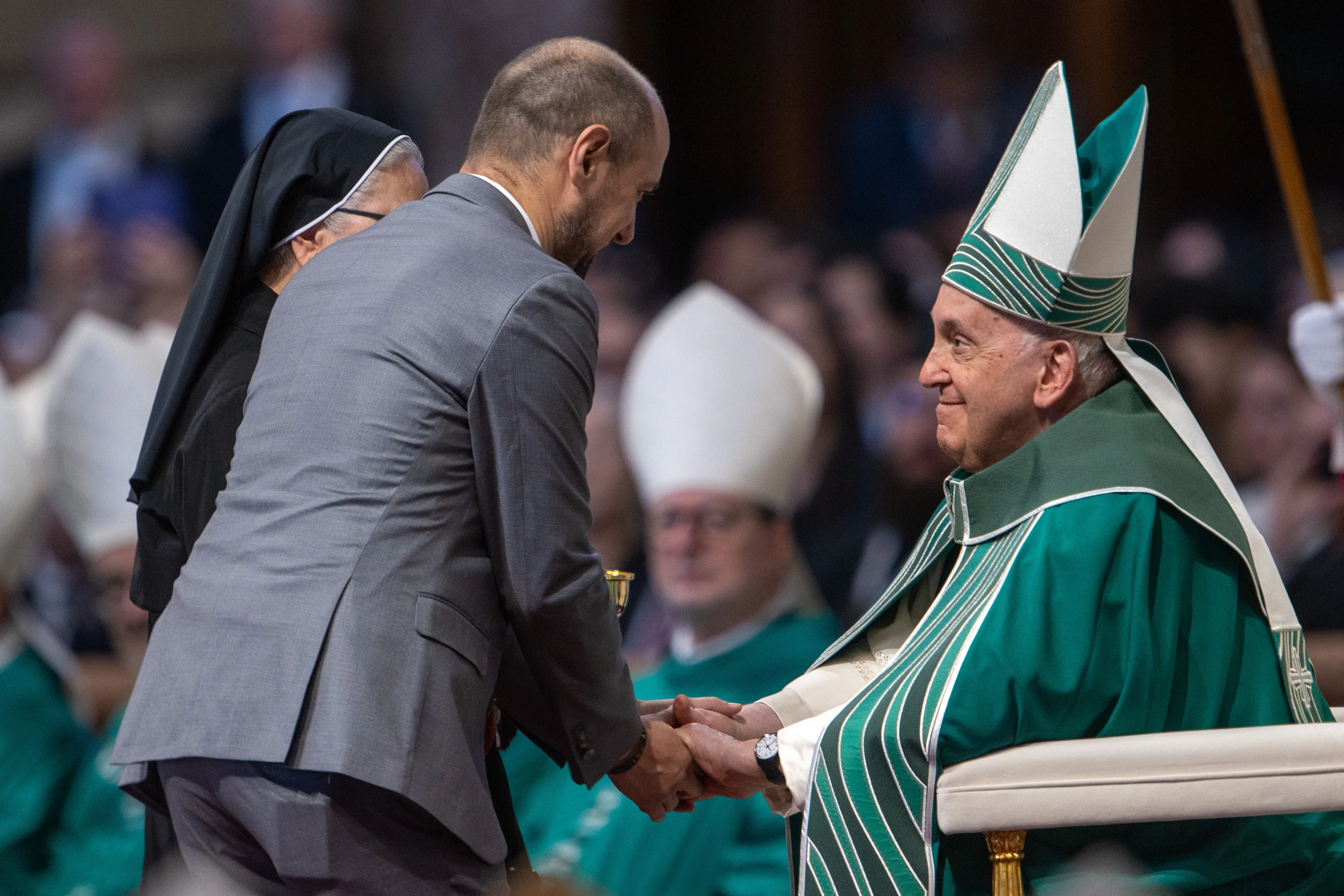
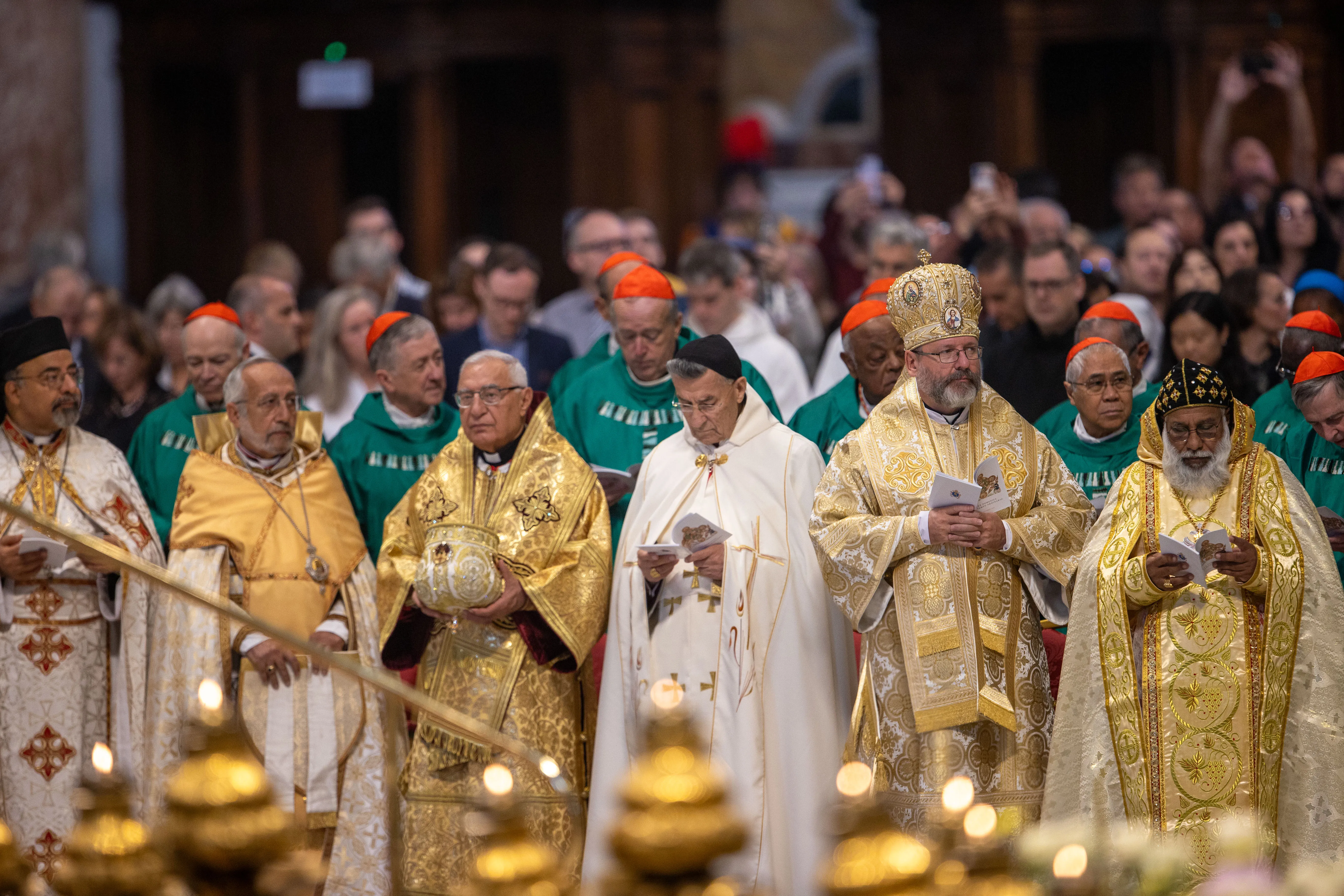
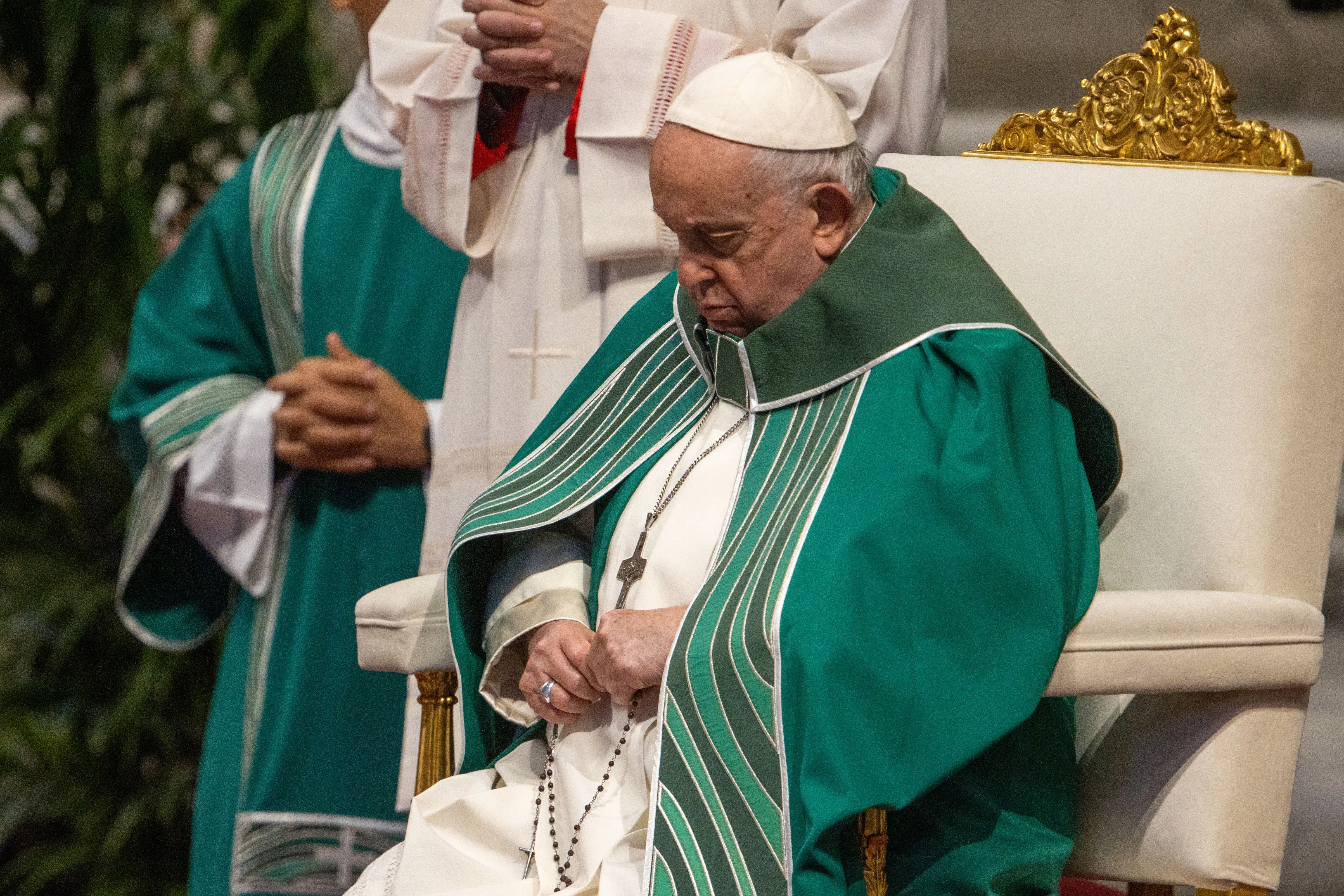
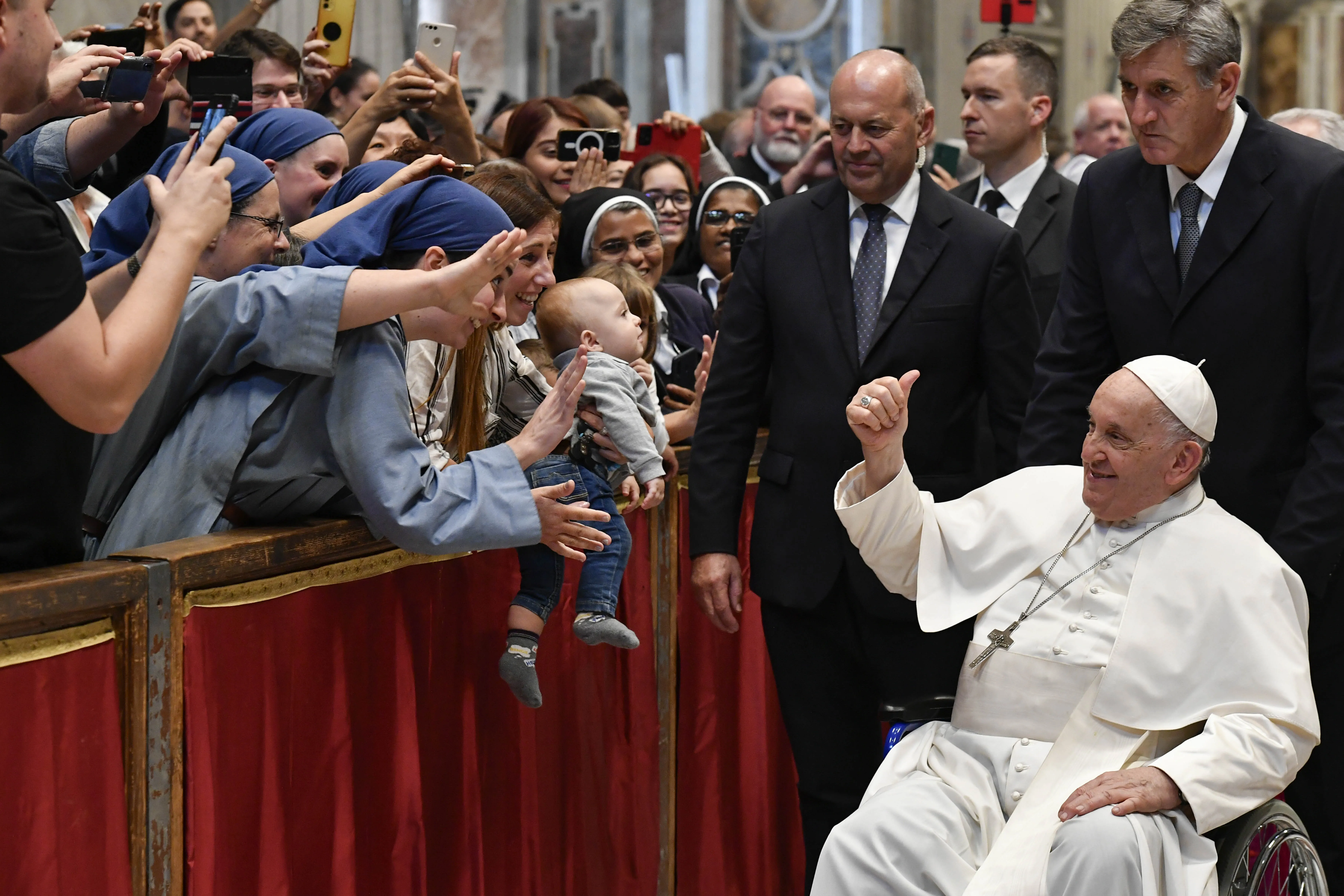
Leave a Reply